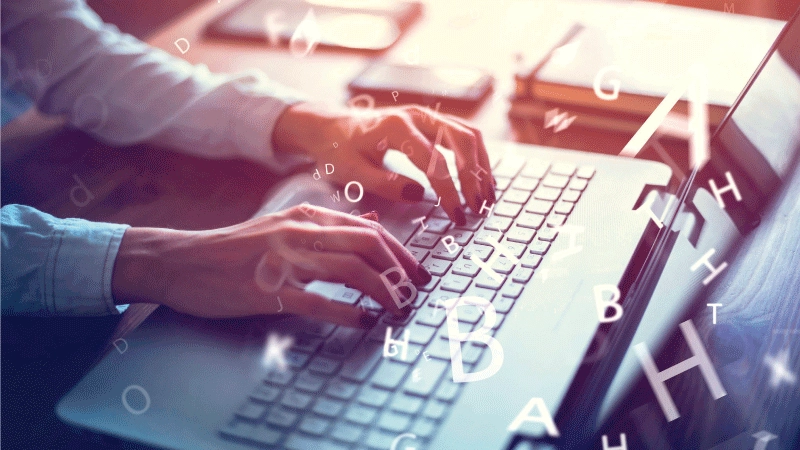

24 November 2023 - by: Dorina Lisnic
The Hidden Complexities of Road Freight Costs
Understanding how costs are distributed in transport services is crucial for effective route planning and selecting the most suitable transport method, such as Full Truck Load (FTL) or Less than Truck Load (LTL). It's essential to have a clear understanding of the factors that influence these costs, as they have a direct impact on calculating the final price of a shipment. An accurate assessment of these elements can lead to more informed decisions and potentially greater operational efficiency

When planning a shipment, it's essential to consider a series of crucial factors. From calculating variable and fixed costs to analysing their impact on the company's balance sheet, every aspect is important. Therefore, it's vital to distinguish between various types of costs.
Fixed Costs in transport services do not change based on the cargo volume or the distance traveled.
These include:
- Vehicle depreciation: costs related to the purchase, wear and tear, and the vehicle's value over time.
- Insurance: Includes vehicle insurance, which protects against damage or loss due to accidents, thefts, or natural disasters. Additionally, cargo insurance, which covers possible damage or loss of goods during transport, is fundamental to ensure financial security in case of unforeseen events and maintain customer trust.
- Licenses and taxes: Fixed costs for licenses, permits, and taxes on owned vehicles. Regular maintenance costs.
- Human resource salaries: Although it can vary based on hours worked, a part of the salary can be considered fixed.
- Fuel: The cost of fuel, which has a fixed cost, varies overall based on the distance traveled and the consequent fuel consumption of the vehicle.
- Road tolls: Costs associated with traveling on toll roads and expressways.
- Extraordinary maintenance: Costs for unforeseen repairs.
There are different modes of road transport, each with a specific method for cost calculation. The main categories in this area are Less than Truck Load (LTL) and Full Truck Load (FTL), each presenting distinct approaches in determining transport costs.
In Full Truck Load (FTL), fixed costs such as depreciation, insurance, and maintenance are distributed over the entire load, making them relatively more predictable and constant per shipment. As for variable costs, like fuel and extraordinary maintenance, these are calculated based on the actual distance travelled.
In Less than Truck Load (LTL), however, fixed costs are divided among multiple loads, which can increase the complexity in their attribution. Variable costs, in this case, are influenced not only by distance but also by the logistical complexity of managing multiple smaller loads. This can lead to an increase in logistical and personnel costs, making the overall calculation more nuanced compared to FTL.
Accurate and detailed understanding of fixed and variable costs in road freight transport is crucial for making informed decisions and optimizing logistics operations. Careful cost analysis allows companies to effectively manage their resources, offer competitive prices, and maintain good financial sustainability. The key to success in the logistics sector lies in the ability to adapt to different transport needs, optimising costs, and continuously improving operational strategies.
Based on the specific freight transport needs of your company, FERCAM studies and recommends the most suitable solution. Our Transport division offers various transport solutions for your goods, in Italy and abroad, both by road and intermodal. Contact us for our road transport service!
Share





























